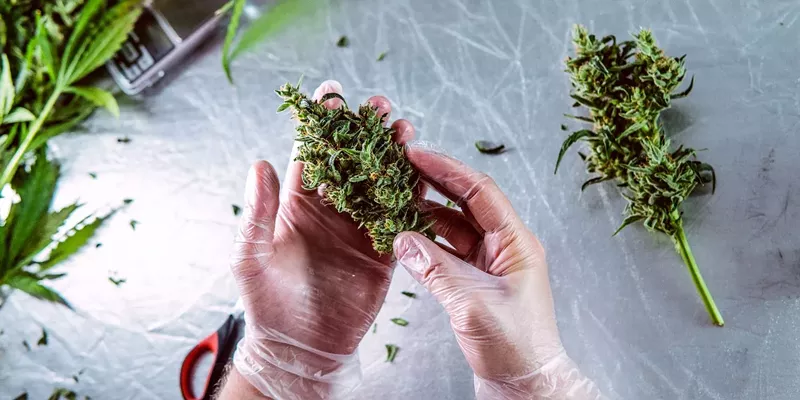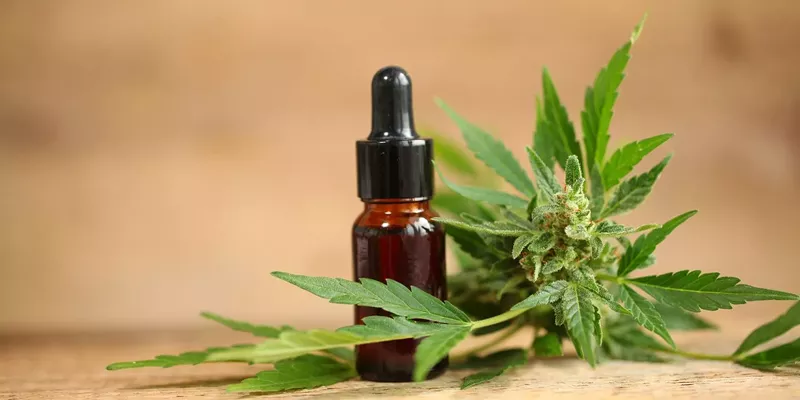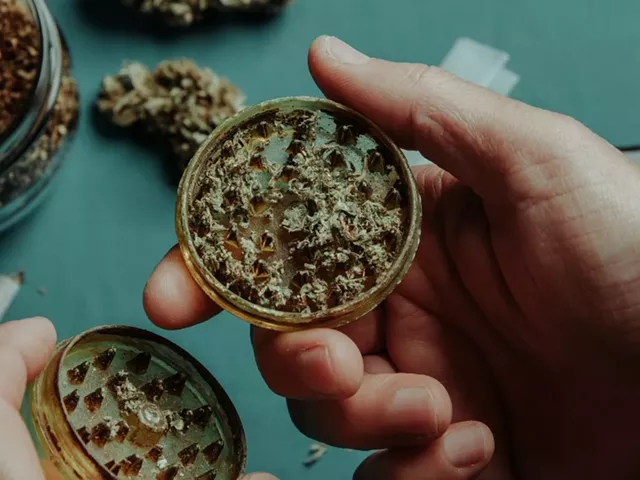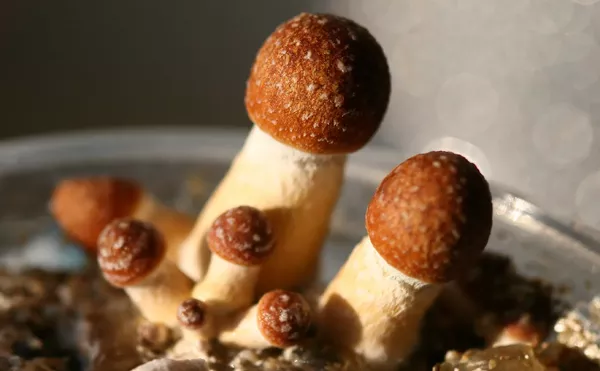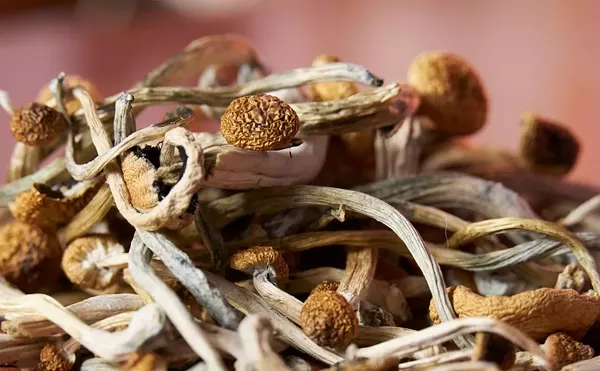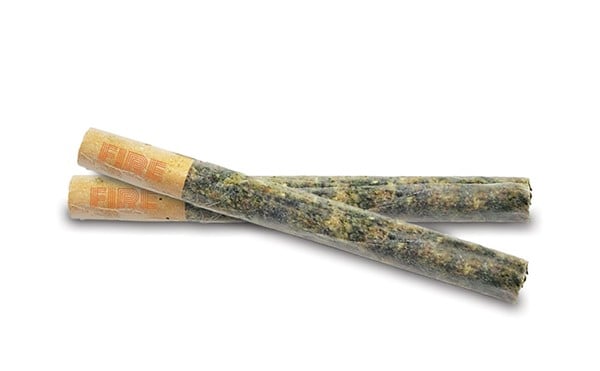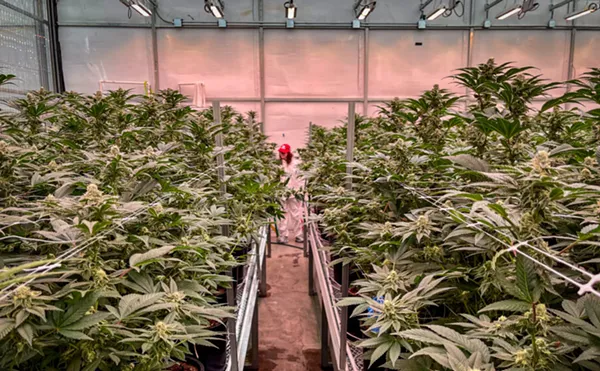When the story broke almost 20 years ago that the Stanley Brothers accidentally discovered the therapeutic potential of ‘hippie’s disappointment’, the research on CBD and other therapeutic cannabinoids exploded.
Supporting cannabinoid CBG quickly became an area of focus for scientists and hemp producers. Like CBD, CBG is non-psychoactive, and at that time, the market was ripe for more injections of non-intoxicating hemp medicines.
Both CBD and CBG are naturally occurring hemp cannabinoids. Cannabinoids bind with built-in receptors in the endocannabinoid system of all mammals, affecting mood, sleep, immunity, and much more.
They’re both natural anti-inflammatories and antioxidants, and you can find CBD and CBG across the board in the exact same types of products.
At the end of the day, what’s the big difference?
The answer lies in the scientific research surrounding the two, the ways in which each is processed, and anecdotal accounts of how CBD and CBG affect people differently.
Number one, there’s currently significantly more scientific research on CBD’s health benefits for humans. CBG studies don’t make up even a third of the literature, and robust human studies are largely lacking.
However, the first-ever human clinical trial for CBG was published this year that highlighted CBG’s strong anti-anxiety properties, even at a low dose of just 20mg.
As far as we know, studies support that CBG, like CBD, has a positive impact on memory and learning. Both cannabinoids act as neuroprotectants, which is why they’re frequently included in supplements for brain health.
After perusing the available data, CBD and CBG seem to offer largely the same health benefits, with two marked exceptions: appetite and sleep.
Studies show CBD oil acts as an appetite suppressant, and I’ve seen many marketing campaigns to that effect. Conversely, there’s evidence that CBG acts as an appetite stimulant, paving the way for more exploration into treatments for body weight regulation disorders.
Regarding sleep health, there’s ample evidence for CBD as a non-addictive sleep aid, but CBG has not been heavily studied to target sleep, specifically. The only available scientific inquiry which examined CBG’s affect on sleep health in veterans showed no difference with the placebo. That said, because CBG has anti-anxiety properties, it could still help deliver a better night’s rest indirectly.
Another point of differentiation is that there’s proportionately more CBD than CBG naturally occurring in hemp plants, making CBG more expensive to produce. The two are processed a bit differently because CBG concentrations decline as hemp plants mature, whereas CBD and THC levels increase.
This happens because CBG, at the molecular level, is a precursor to CBD, THC, and all the other cannabinoids. During the biosynthesis process, CBGA, the acidic form of CBG, is created first. Fittingly, you’ll often read descriptions of CBG as the ‘mother of all cannabinoids.’
But I think the biggest reason CBD and CBG are different is simply because they make people feel differently.
CBD’s reputation as a therapeutic for anxiety is more well-established versus CBG because, frankly, it’s just been on the market longer. However, people are increasingly switching to CBG from CBD for a better anti-anxiety solution.
I myself have not taken CBG specifically for anxiety, so I can’t speak to it. However, my brother, who used to take THC and CBD in the past, now swears by CBG as the best antidote for lurking anxious feelings. He says with CBG, the anti-anxiety action feels different, more effective, and actually makes him feel more mentally alert versus sleepy.
I’ve noticed while reviewing all kinds of cannabinoid products that users tend to take CBG during the day for energy and focus, and CBD at night for sleep. While this could be organic, manufacturers are marketing the cannabinoids with those specific effects in mind.
Finally, B2C cannabinoid manufacturers are now offering products that exclusively feature CBD and CBG in tandem. Although there’s no scientific evidence to support the strength of the specific combo, aside from pointing to the larger entourage effect, the internet is alight with testimonials of this purportedly magical duo. Interestingly, many on Reddit threads and in dozens of verified testimonials I’ve read say that they’re able to feel anti-anxiety effects more palpably when CBG is in the mix.
Conclusively, CBD and CBG offer mostly the same natural benefits, but CBD reduces appetite while CBG increases it. CBD also proves a robust sleep aid, while evidence for CBG in this area is lacking.
And because there’s more CBD than CBG in cannabis plants, they are processed differently, as CBG levels dwindle upon maturation.
Scientific research aside, heaping anecdotal evidence suggests that CBD and CBG make people feel markedly different. More people are now swearing by a combination of CBD and CBG to help with anxiety and mood.
Until there’s more research into CBG, as well as the magical CBD:CBG ratio in certain strains and products, users will have to experiment for themselves. The best advice for doing so is to purchase exclusively from responsible vendors.
Do your research and make sure the manufacturer conducts third-party lab tests regularly. It’s also beneficial to seek out CBD and CBG products that are made from domestically sourced hemp, preferably from organic growing operations.
From there, it’s all about the journey.

